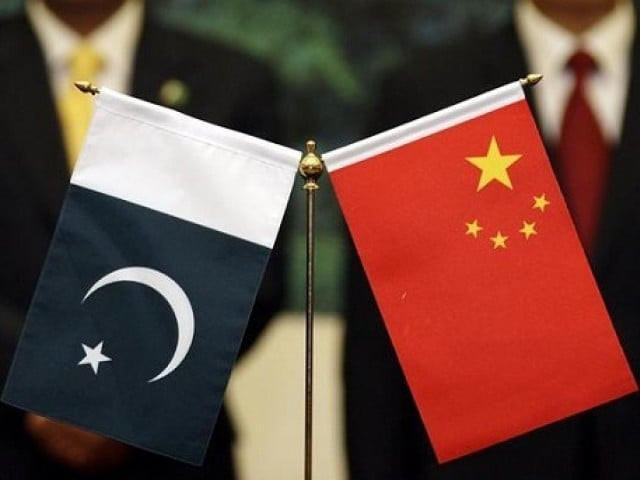Pakistan gets advantage in phase-II of FTA with China
Can apply safeguard measures to temporarily restrict import of a product

Can apply safeguard measures to temporarily restrict import of a product.
PHOTO: FILE
The CPFTA phase-II was concluded after the 11th round of negotiations in April 2019 and was signed during Prime Minister Imran Khan’s recent visit to China in which Pakistan got tariff relaxation and duty-free market access for 313 tariff lines, said Ministry of Commerce Joint Secretary Shafiq Shahzad while briefing the committee.
The meeting was chaired by Senator Mirza Muhammad Afridi and discussed a five-point agenda including the CPFTA-II at the Parliament House.
Briefing the committee, Shahzad said Pakistan first entered into the FTA with China on November 24, 2006, which came into force in July 2007. Bilateral trade between the two sides reached $17.2 billion in 2017-18 as Chinese exports to Pakistan grew from $3.5 billion to $15.7 billion from 2006-07 to 2017-18.
He said phase-I of the FTA concluded in five years by the end of 2012 under which Pakistan liberalised tariffs on 35.6% tariff lines whereas in the second phase 19.9% of tariff lines were liberalised with tariff rate of 5% or less.
He told the meeting that after impact assessment, and consultation with public and private-sector stakeholders between 2016 and 2019, it emerged that finalising the agreed phase-II of the tariff reduction modalities (TRM) would be a great challenge.
Past five years of CPEC in review
During negotiations, Pakistan expressed dissatisfaction over the lopsided outcome of the FTA phase-I, highlighting unequal gains due to erosion of the margin of preference. It maintained that phase-II negotiations should be independent of phase-I and should be based on the principle of “less than reciprocity” in favour of Pakistan, he said.
According to the joint secretary, Pakistan also sought unilateral concessions on priority items from the Chinese side as a sign of goodwill to address the country’s concerns.
Apart from that, Pakistan also successfully sought revision of the safeguard measures (SGMs), which could be applied to temporarily restrict the import of a product, which caused injury or threatened to cause injury to a domestic industry.
In phase-I, he pointed out, the SGMs were limited to the absolute increase in imports, but now “these can be applied to relative increase in imports as well”.
Published in The Express Tribune, May 7th, 2019.
Like Business on Facebook, follow @TribuneBiz on Twitter to stay informed and join in the conversation.


1733130350-0/Untitled-design-(76)1733130350-0-208x130.webp)
















COMMENTS
Comments are moderated and generally will be posted if they are on-topic and not abusive.
For more information, please see our Comments FAQ